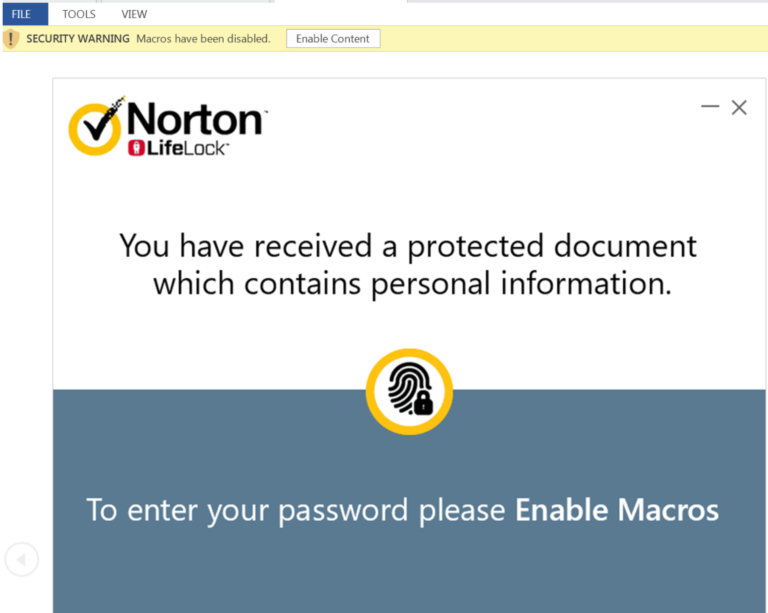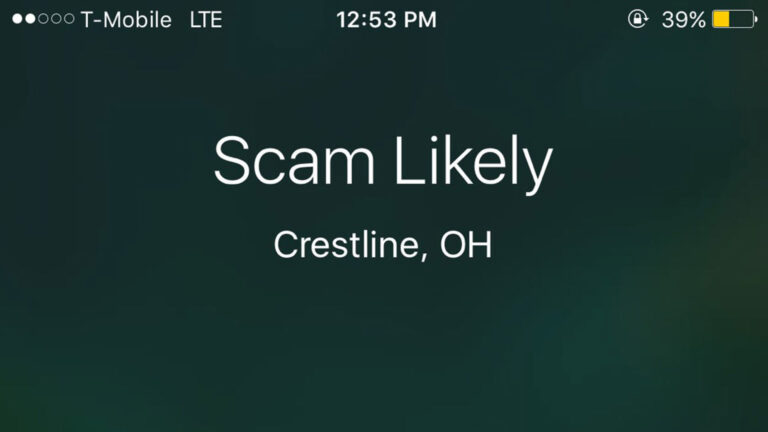List of Scamming Websites: Find and Report a Scam

In the vast expanse of the internet, where countless legitimate websites and services thrive, there lurk deceitful corners where scam artists and fraudsters seek to exploit unsuspecting users. Staying vigilant is crucial in protecting yourself from falling victim to online scams. To help you navigate the digital landscape safely, we’ve compiled a list of scamming websites and common types of online scams to watch out for.
Common Types of Online Scams:
Before delving into the list of scamming websites, let’s explore some prevalent online scams:
1. Phishing Scams: Scammers create fake websites that mimic legitimate ones, aiming to steal your login credentials, personal information, or financial details.
2. Investment Scams: Fraudsters promise high returns on investments or cryptocurrency ventures, luring victims with the prospect of quick profits. In reality, they vanish with your funds.
3. Online Shopping Scams: Fake online stores offer products at unbelievably low prices to entice buyers. After receiving payment, they deliver subpar or nonexistent goods.
4. Tech Support Scams: Scammers pose as tech support agents who claim your device has issues. They request remote access or payment for “fixing” the problem.
5. Romance Scams: Scammers establish fake online romantic relationships, gain victims’ trust, and later request money for emergencies or travel expenses.
6. Advance Fee Fraud: Scammers promise significant financial gains but require an upfront fee. Once you pay, they disappear.
List of Scamming Websites:
While the internet is vast and ever-changing, here are some examples of websites and domains known for hosting scams or suspicious activities. Keep in mind that scammers continually create new websites, so staying informed about common scam tactics is essential:
- www.freeiphonesforall.com: Promising free iPhones or other expensive gadgets in exchange for personal information or surveys, this site is a classic phishing scam.
- www.doubleyourbitcoinsnow.com: As the name suggests, this site claims to double your Bitcoin investment but ultimately steals your cryptocurrency.
- www.supercheapgadgets.com: Offering electronics and gadgets at unbelievably low prices, this online store takes your money without delivering any goods.
- www.microsofttechsupportscam.com: This site impersonates Microsoft’s tech support, aiming to trick users into paying for unnecessary services.
- www.romanticmatch.com: A seemingly innocent dating site that is home to romance scammers looking to exploit emotions for financial gain.
- www.instantmillionairescheme.net: This site is a classic example of advance fee fraud, promising instant wealth in exchange for an upfront payment.
- www.cryptodoubleup.com: Similar to the Bitcoin scam mentioned earlier, this site claims to double your cryptocurrency investments but leaves you with empty pockets.
- www.toogoodtobetrueonlineshop.com: As the name suggests, this online store offers products that seem too good to be true – and they are. Customers rarely receive anything after making a purchase.
How to Protect Yourself From Scamming Websites:
- Research: Before making any online transactions, research the website or service thoroughly. Look for reviews and check if the site has a history of scams.
- Use Reputable Sources: Stick to well-known and reputable websites and services for online shopping, investments, and financial transactions.
- Check for Secure Connections: Ensure the website has a secure connection (https://) and a padlock icon in the address bar.
- Be Skeptical: If an offer or deal seems too good to be true, it probably is. Trust your instincts and exercise caution.
- Stay Informed: Keep up-to-date with common scam tactics and the latest scams to stay one step ahead of fraudsters.
In the ever-evolving digital landscape, staying vigilant and informed is your best defense against scamming websites and online fraud. Remember that scammers are crafty, and they’ll continually adapt their tactics. By educating yourself and sharing knowledge with friends and family, you can help protect yourself and others from falling victim to online scams.






